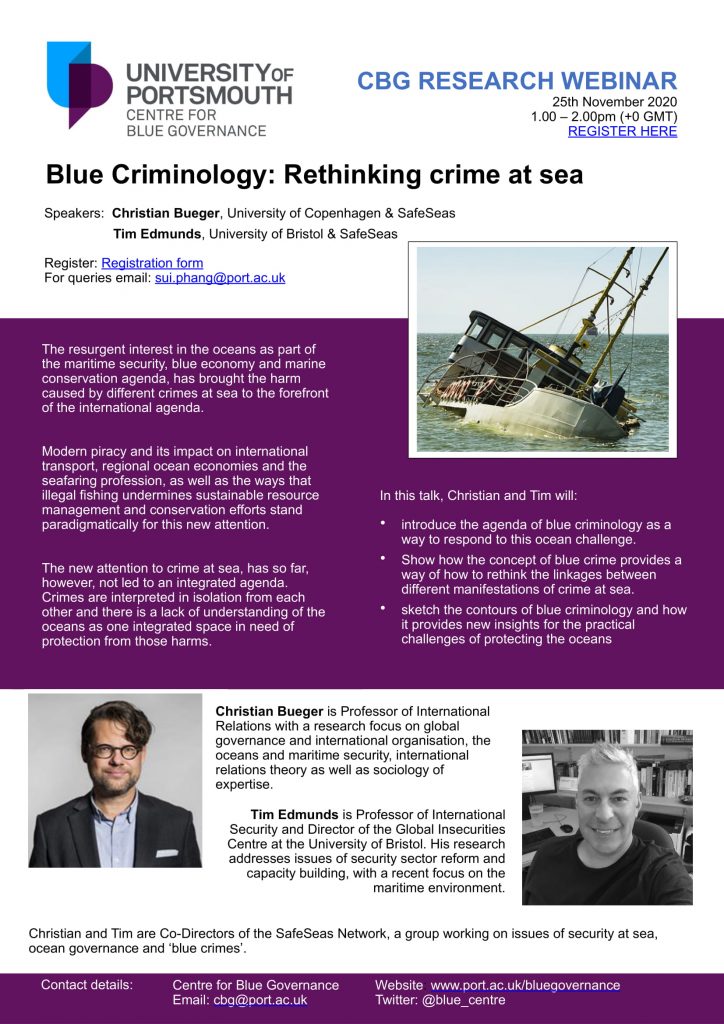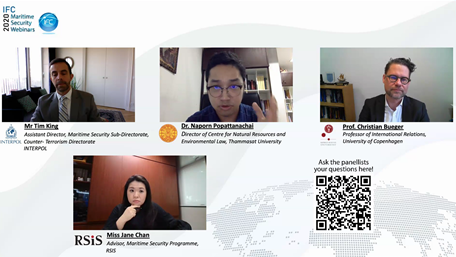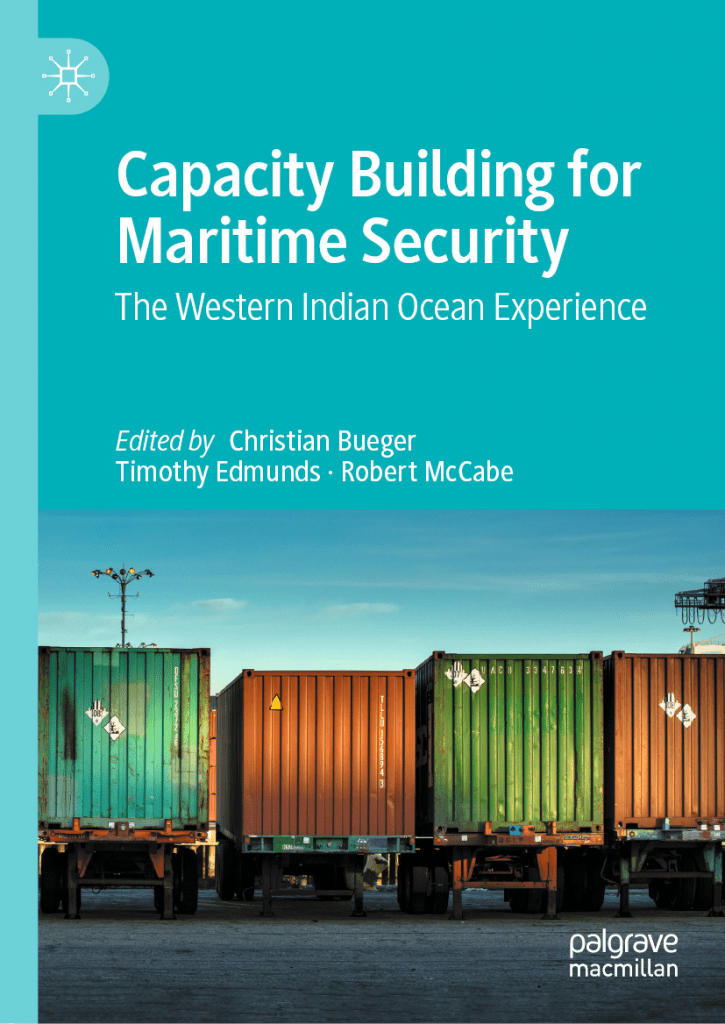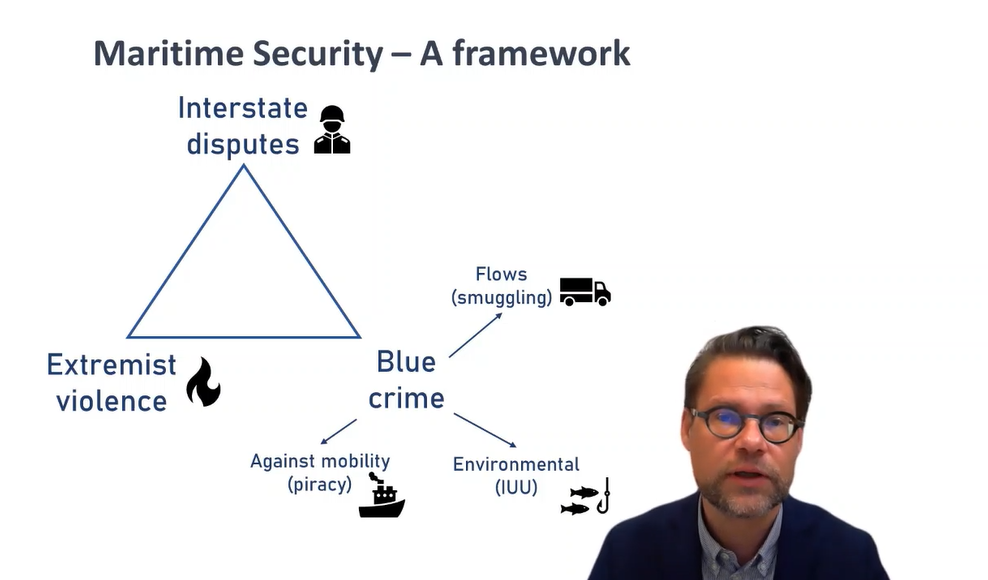With the term starting in Denmark, I will be teaching a new edition of my course in maritime security. The course is open for master students in the political science and security and risk master programmes.
The course has two main goals. Firstly to introduce students to security problems at sea, why they matter, and how they are currently addressed. Together we review the state of the art of maritime security, the issues, and actors.
Secondly, participants engage in their own small research on project on maritime security. Our goal is to push the debate forward together. This year participants will join task forces, that work on piracy in the Gulf of Guinea, maritime security governance in Denmark, submarine data cable protection and oil spill prevention.
Contact me directly if you are interested in the syllabus.




